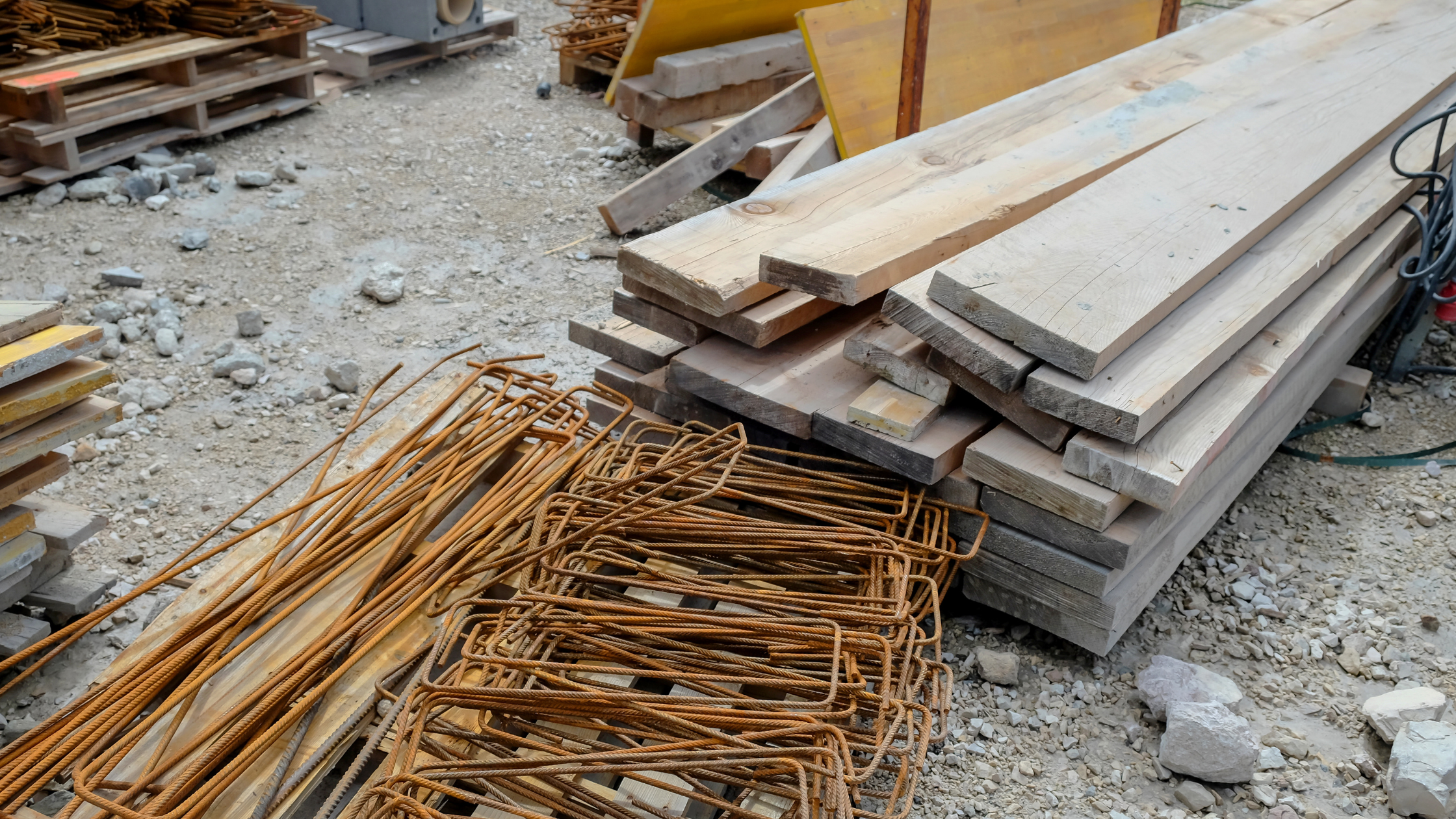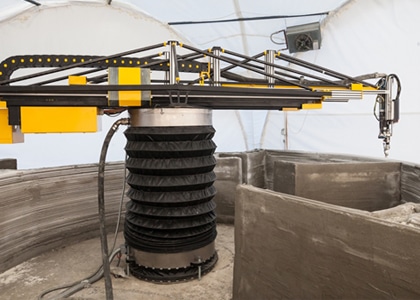Home / Blog / Saudi Updates Reforms to Ease Land Procurement and Leasing
Keeping in line with its Vision 2030 goals, the Saudi Ministry of Municipal & Rural Affairs (MOMRA) has updated land procurement and leasing regulations to reduce dependence on state financing in developing real estate projects. The reforms are being enacted under royal degree and come as the biggest change to the Saudi housing sector in over 17 years.
The draft regulations aim to improve the administrative environment governing land procurement and leasing and seek to encourage more private sector investments in real estate projects across the Kingdom.
According to the state news agency SPA, the new regulations backed by the MOMRA streamline qualification processes, with an option to forgo public offerings for strategically important projects. Previously, qualification for some projects required a two-stage process, starting with an announcement of qualification (RFQ) followed by requests for proposals.
The new draft institutes changes that allow the leasing of assets on a short-term basis, as well as an increase from 5 to 10 percent in the grace period for initiating construction on land leases. It also reduces the bank’s minimal guarantee requirements to 25 percent of a year’s rent, from the previously mandated 100 percent. Additionally, with extensions on contract timelines for land leases, and an increase in maximum lease periods from 25 years to 50 years, the new reforms are expected to drive major investments in projects and developments across the country.
Published on August 30th with Knight Frank, London, the MOMRA report also highlights additional flexibilities for land developers under the updated reforms. By increasing investor confidence, the new improvements have the potential to drive capital spending at a local level, which also simultaneously benefits the government by increasing revenues for the municipality. Additionally, by boosting investments in public sector real estate, the new amendments reduce investor risk by bringing contract lengths in line with market demands. They also align the goals of tenants and the municipality in a better way. By instituting more transparency and efficiency across processes, the new land improvements bill grants the MOMRA more independence in the allocation of assets. The updated regulations reduce state dependence and are being hailed by industry pundits as a huge boon for real estate developments. They expect that the number of houses being built in Saudi Arabia is about to increase dramatically!
The transparent and investor-friendly regulations seek to ensure that the use of municipal real estate is efficient and provides the highest economic and social benefit for stakeholders. What’s more, the changes in regulations are expected to underpin additional developments across Saudi Arabia that will help municipalities create a grassroots impact that steers the nation towards the objectives of Vision 2030.











